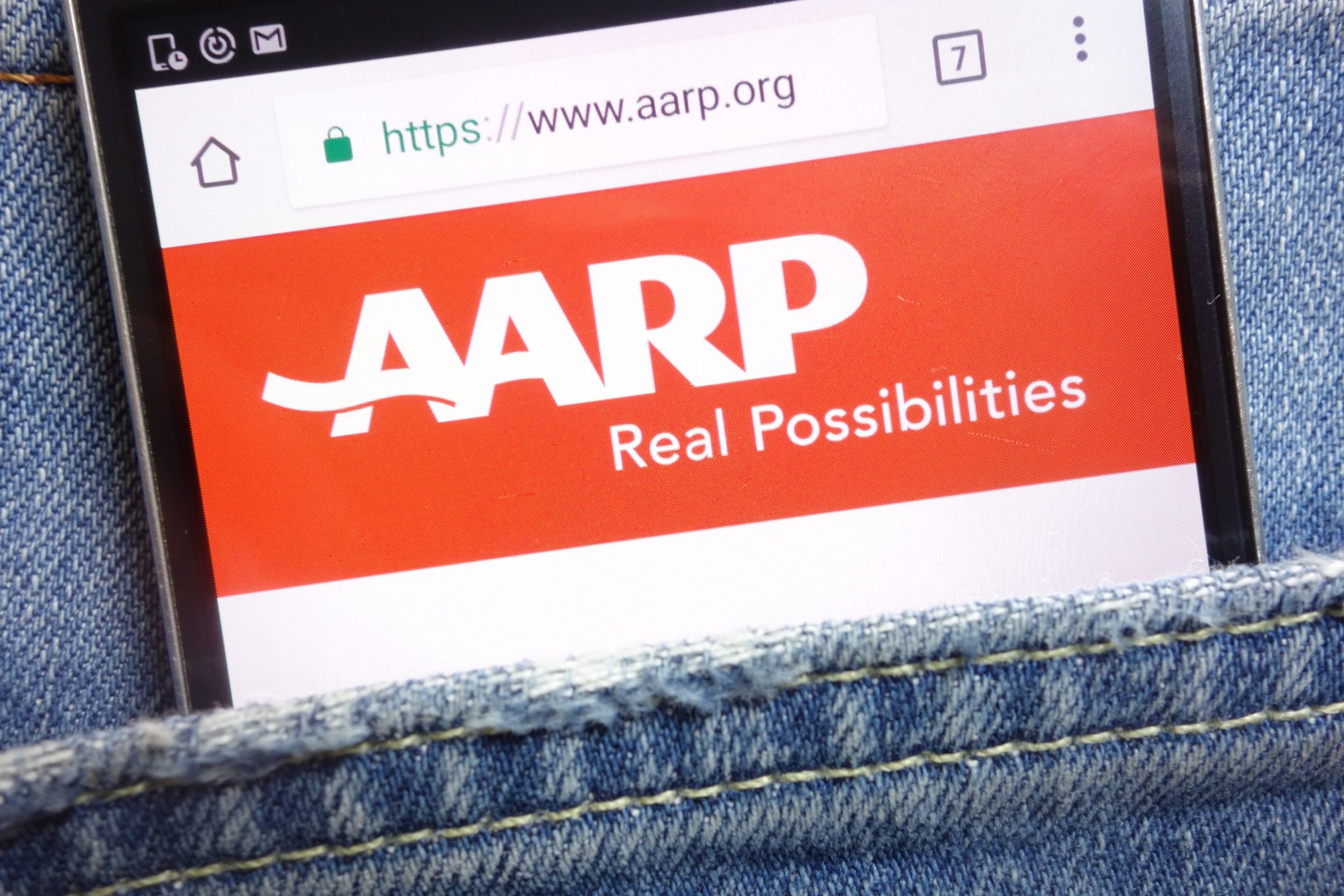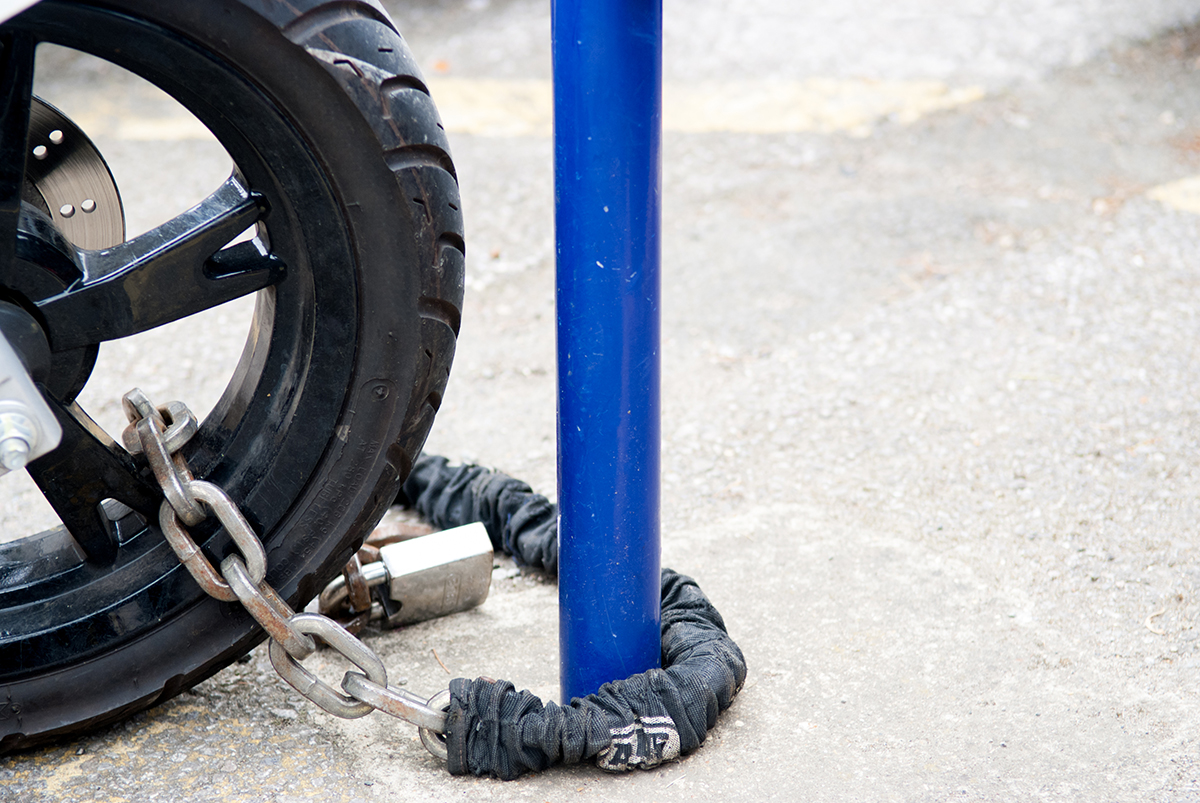The American Association of Retired Persons (AARP) has been advocating for seniors since 1958. From financial advice and insurance help to prescription and restaurant discounts, this non-profit organization works hard to make life easier and more independent for seniors.
In addition to a long list of benefits, AARP offers its members helpful information about medical alert systems, such as Life Alert or Rescu, and strongly recommends that they use them. With 25% of Americans over 65 experiencing a fall every year, a medical alert system can help seniors stay self-reliant and give the rest of the family peace of mind.
But every senior’s situation is different and requires a unique solution. Some may need a fall detection system, while others may need a system that bypasses communication with dispatchers. So, is there a specific system that AARP recommends? If so, which one, and why? Let’s explore these questions and find out how to choose the best senior alert system for you and your family.
AARP Recommendations
Instead of recommending any particular medical alert system, AARP suggests finding one that best fits your loved one’s lifestyle. When making a decision, they advise their members to consider factors like utility, equipment, availability, and cost.
Utility
Is your loved one more independent and able to drive around? Then a GPS-equipped system may be the best solution. Are they hard of hearing? Then a service that immediately dispatches help at the push of a button, like the Rescu app, would be ideal. To best protect them in the event of an emergency, pick a medical alert system that’s tailored to your loved one’s condition and mobility.
Equipment
When choosing your senior alert system, picking the right equipment will ensure your loved one can make use of it and do so properly. If their medical bracelet or necklace is uncomfortable or inconvenient to wear, then they’re less likely to wear it, potentially leaving them without help when they need it. Whatever equipment you choose, make sure it’s easy to use and low maintenance. That way, your loved one will be more inclined to use it.
Availability
It’s safe to say that most people have access to the medical alert system of their choice. But depending on where your loved one lives, finding one may not be so easy. If you or a family member is having difficulty getting set up with a personal safety device, an emergency response app like Rescu ensures that you get help as fast as possible when you need it most. No talking or texting required.
Cost
Most medical alert systems on the market cost at least $240 per year, but watch out for hidden activation fees and long-term contracts. Your loved one may qualify for discounts or insurance coverage based on the state they live in, their veteran status, and other factors. And although AARP doesn’t recommend a specific medical alert system, it does offer discounts for certain companies that sell them.
Rescu Seamlessly Fits Into Your Lifestyle
When it comes to the four topics we just covered, the Rescu app is the best senior alert system that ticks all the boxes. As far as utility goes, Rescu is the fastest way to get help in case of emergency. Dispatch fire, medical, or police responders to your preset address, and automatically notify any emergency contacts with just two taps. If your loved one has a fall, they may not be able to afford the delays that come with calling 9-1-1. Rescu helps them get the protection they need without any complications.
If your loved one has a smartphone, then they have all the equipment they need. No necklaces or bracelets necessary. You can find the Rescu app on the App Store or Google Play, and setting up your account is quick and easy. You can add as many emergency contacts as you like and up to four addresses to send help to when an emergency strikes.
Fortunately, Rescu doesn’t struggle with availability issues like other medical alert systems. As long as you have a working smartphone, you can enjoy the safety and security provided by a 24/7 UL-Certified Monitoring Center. If you’re out of town and your loved one has an emergency, you can send help from anywhere in the world with just two taps.
As mentioned above, you’ll be paying around $240 per year for most senior alert systems, which works out to about $19.95 a month. With Rescu, yearly subscription rates start at $59 per year and monthly subscriptions at $7 per month. No hidden fees, no long term contract.
If you’re looking for a simple and affordable solution to keep your elderly loved one safe and set your mind at ease, download the Rescu app today. With Rescu, help is always just two taps away.



